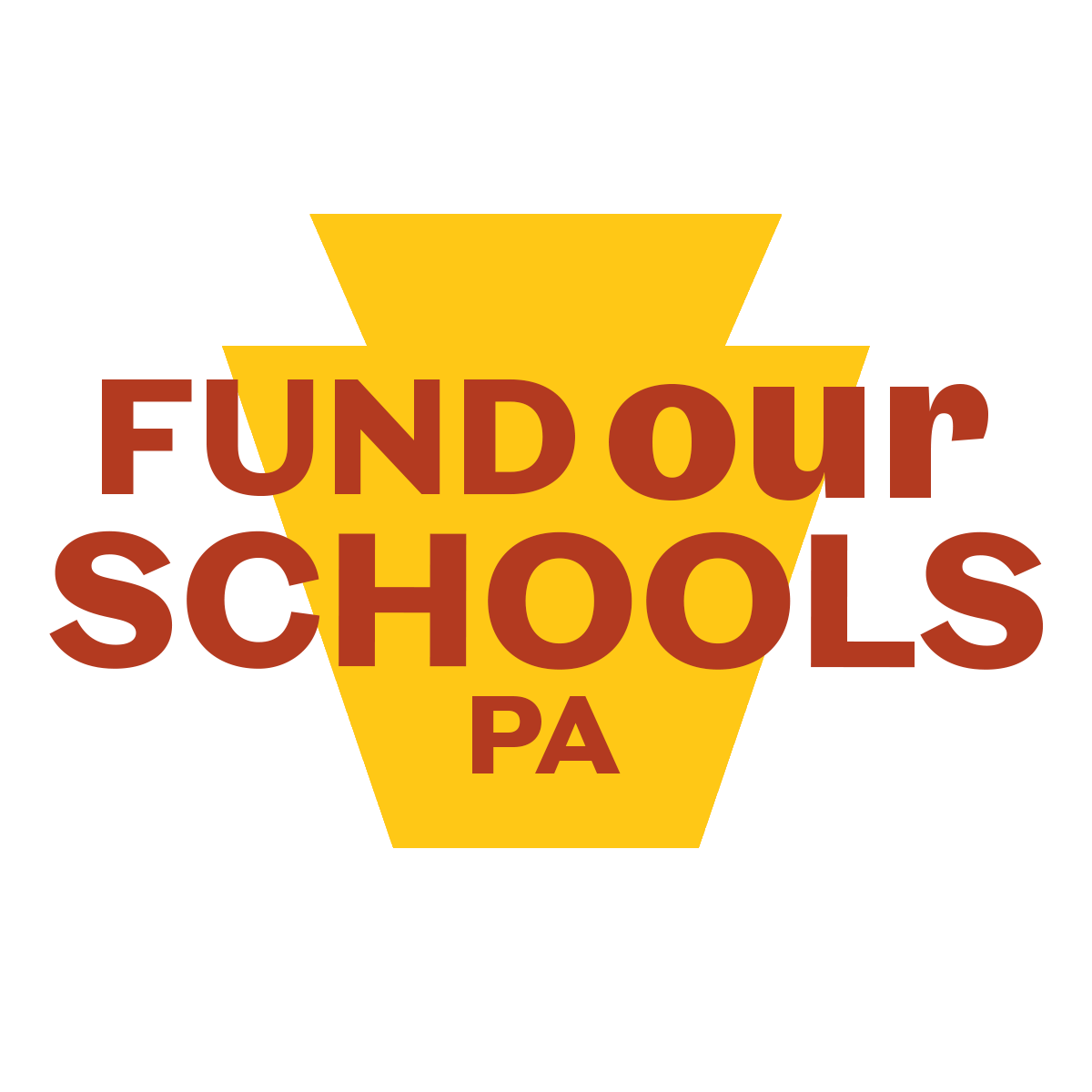Matthew Splain, president of the PA Association of Rural and Small Schools
Matthew Splain, president of the Pennsylvania Association of Rural and Small Schools (PARSS) and superintendent of a rural school district, took the stand in Commonwealth Court Tuesday and Wednesday and enumerated significant challenges facing Pennsylvania’s small and rural districts due to inadequate funding.
PARSS is one of two statewide associations that joined with school districts and parents to file the lawsuit challenging the constitutionality of the state’s funding system. PARSS is a membership association with more than 175 member school districts that serve a total of 300,000 students.
For the past 10 years, Splain has been superintendent of the Otto-Eldred School District in north-central Pennsylvania. He was a principal there for six years prior. He is a parent of students in the district and graduated from Otto-Eldred schools.
“We’re very similar to many districts that are small and rural – we’re underfunded,” he said.
Splain said PARSS exists because “small and rural schools have unique needs,” and the association supports and advocates for those needs. He detailed many issues facing Otto-Eldred and other PARSS districts, including:
Limited in their ability to raise revenue because they have little local wealth to tax. These districts are more dependent on state funding.
High percentages of students living in poverty and students with disabilities. A majority of Otto-Eldred students are economically disadvantaged; nearly 20% receive special education services.
Significant challenges attracting properly certified teachers and administrators. It is hard to pay competitive salaries. “We’ve had a number of people leave our positions for higher pay elsewhere,” Splain said. His district has been unable to hire a Spanish teacher, and so the only foreign language offering is a contracted online course.
Higher transportation costs, because students must travel long distances to school. State transportation reimbursements are designed in a manner that encourages longer bus rides for children, but Splain said his district tries to ensure that students don’t have to ride the bus for more than an hour.
Lagging behind other districts in technology and internet connectivity.
“We are at a bare bones budget when it comes to the services and the supplies that we can put in place for our kids,” Splain said.
The financial situation for these districts is getting more challenging, he said, because state aid is not keeping pace with rising costs for special education, pensions, and charter schools.
Splain regrets that his district’s graduates are not all college- and career-ready.
“I've seen students graduate -- and really not do anything. … We see kids, we see them around. You come back in the fall, ‘Hey, what are you doing here,’ ‘Oh, I'm not doing anything.’ That's commonplace.”
Adequate funding is a missing ingredient. “I can list things that I know we're not doing that we should be able to do,” he said. “We could do a better job if we had more funding and opportunities that we could give our kids.”
Splain’s district faces declining enrollment despite fixed costs, and his district’s funding would be declining too if not for a provision built into the state’s funding system alongside the state’s fair funding formula – known as “hold harmless” – that ensures that every district gets at least the same amount of state funding as it did in 2014-15.
The “hold harmless” system, however, does not solve the school funding problem, he said. Protecting struggling districts like his with a “hold harmless” provision is “sort of like rearranging the deck chairs on the Titanic. We’re all going in the wrong direction …. If we’re not changing the direction with the funding that’s available, we’re headed on the wrong path.”
But, he said, “If adequacy was addressed, we would be ecstatic.”

